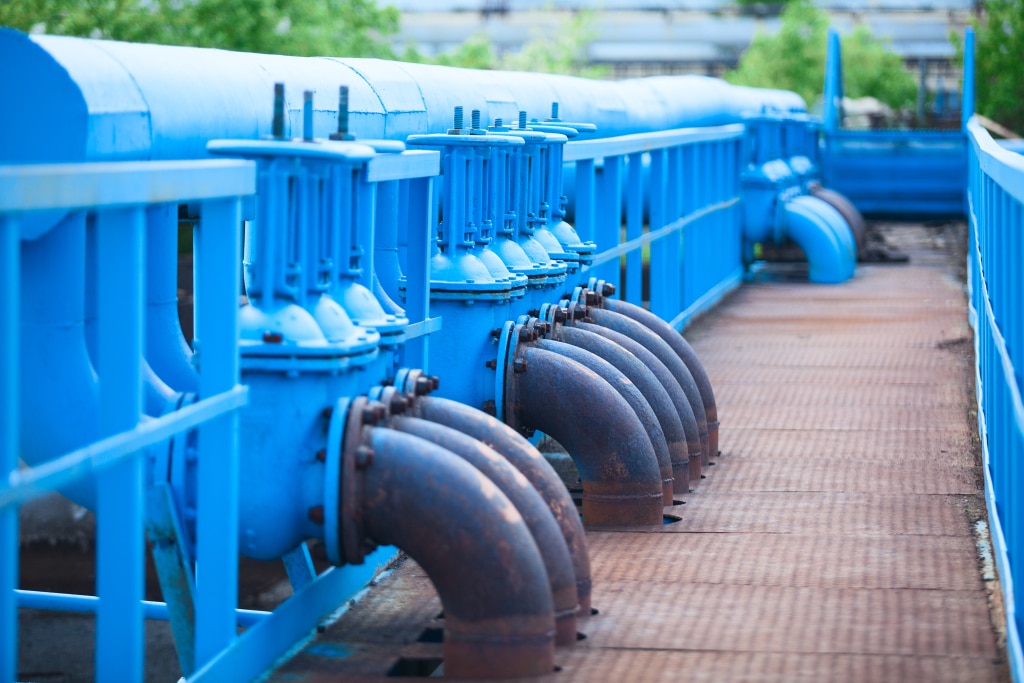In Uganda, it is an initiative that aims to improve drinking water supply and sanitation services in small towns and rural areas. Carried to its second phase, the Water Supply and Sanitation Program (WSSP II) launched in 2016 by the authorities has already provided access to more than 800,000 people.
The project received a $91.98 million loan from the African Development Bank (AfDB). “Overall, the project has made satisfactory progress towards achieving the United Nations Sustainable Development Goal 6 (SDG 6). The facilities are able to effectively integrate all planned connections over the life of the systems,” the financial group says.
Among the impacts of the second phase of the AEAP are a reduction in water cuts, a decrease in technical losses on the network now estimated by local authorities at 40%. New facilities are helping to increase drinking water storage capacity and improve service by extending the network to unserved neighborhoods.
Strengthening the connection to the national drinking water network
The Government of Uganda’s water supply program has also resulted in 360,6650 connections from 40 water supply systems. The AEAP has also created 370 water points for 173,058 people, as well as 30 solar photovoltaic mini water systems. In terms of sanitation, 25 public sanitation facilities have been built while 62 completed water sources have benefited from protection interventions.
These new facilities are expected to increase the rate of access to safe drinking water in Uganda. Of an estimated 43 million people, 8 million do not have access to safe drinking water while 27 million Ugandans lack improved sanitation facilities. The first phase of the Water Supply and Sanitation Program (WSSP-II) has provided 77% of the population in rural areas and 90% in small towns with sustainable access to safe drinking water and sanitation.
Read also-UGANDA: Water from the Aswa River to be pumped to serve 70 villages in Kyenjojo
In Uganda, several other partners are supporting the government in connecting households to the national water system. This is the case of the Chinese company Beijing Uni-Construction Group Co (BUCC), which in 2021 facilitated the supply of water to 173,360 people in the districts of Manafwa, Mbale, Tororo and Butaleja. These investments have also enabled 28,500 people in 39 villages in Moyo Municipality to receive safe drinking water.
Benoit-Ivan Wansi
